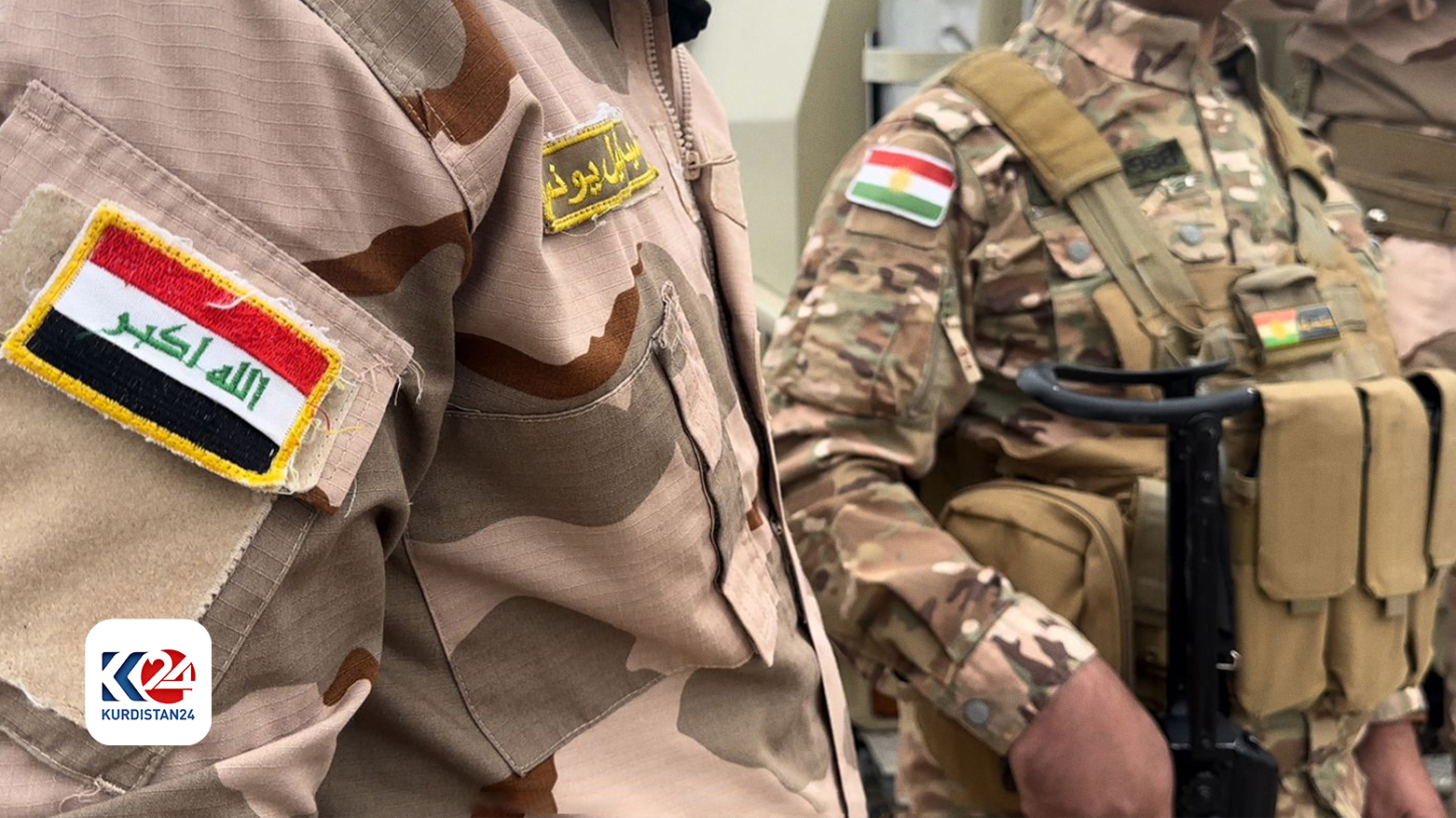Security gap between Peshmerga, Iraqi Army blamed for rise in attacks
As part of their conditions for participation in the current Iraqi government coalition, Kurdish parties stipulated the need to bridge the security gap between Peshmerga forces and the Iraqi army. However, this requirement, like many other Kurdish-related issues within the coalition, remains unfulfilled.

ERBIL (Kurdistan 24) – The lack of security coordination between Peshmerga forces and the Iraqi army is identified as the primary cause behind the intermittent assaults by ISIS militants and terrorist activities perpetrated by illegal armed factions.
Persistent warnings at both local and international levels have highlighted the vulnerability of these regions.
Since 2003, particularly following the events of October 16, significant security vacuums have emerged between the Iraqi army and Peshmerga forces, leaving many areas unprotected.
Concerns over these security gaps have been consistently raised by local and international entities, citing numerous terrorist incidents and armed attacks that have occurred as a result.
The failure to address these gaps is largely attributed to the constituent parties of the Iraqi government.
As part of their conditions for participation in the current Iraqi government coalition, Kurdish parties stipulated the need to bridge the security gap between Peshmerga forces and the Iraqi army. However, this requirement, like many other Kurdish-related issues within the coalition, remains unfulfilled.
The recent terrorist attack on the Khor Mor gas field, occurring within a security gap area, has reignited discussions about the failure to address the divide between the Iraqi army and Peshmerga forces.
Military expert Ala Abdulkarim told Kurdistan24 that the federal government has not provided adequate assistance to the Kurdistan Region in closing these security gaps. Abdulkarim emphasized that the attack on the Khor Mor gas field underscores the lack of practical measures taken by Prime Minister Mohammed Shia al-Sudani’s government to address the issue.
"There should be joint bases established to secure all security gaps between the federal government and the Kurdistan Regional Government," stated Abdulkarim.
He further highlighted the necessity for Prime Minister Sudani to collaborate with the Kurdistan Region in safeguarding these vulnerable areas, lamenting the absence of tangible steps taken in that direction thus far.
Approximately 560 kilometers of security gap separate Peshmerga forces from the Iraqi army, the majority of which emerged following the events of October 16, 2017. These gaps have been exploited by ISIS fighters and illegal armed groups, resulting in heightened security risks and attacks within the region.